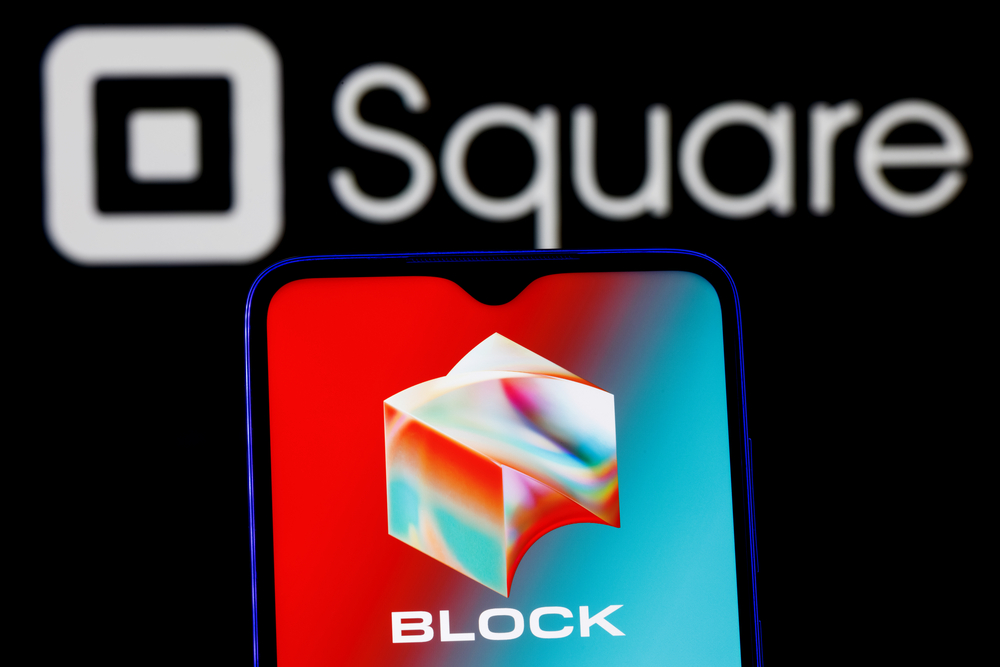
Block Inc Accused of Fraud, Is Square Payment Processing Unsafe?
Mar 31, 2023 4 minutes
In the high-stakes world of e-commerce, payment processors play a critical role in the success and stability of your business. These platforms are the lifeblood of your online store, enabling seamless transactions between you and your customers. But what happens when the safety of your payment processor is called into question?
The thought alone sends shivers down the spines of merchants who rely on these services to protect their hard-earned revenue and customer trust. Square, a widely-used payment processor, has recently found itself under a dark cloud of suspicion.
E-commerce merchants who have built their businesses on the back of this popular platform are now grappling with growing unease and uncertainty about its future. As whispers of fraud accusations continue to swirl, the question remains: Are you at risk?
It’s time to face the chilling possibility that your trusted payment processor may have betrayed your business. We will investigate the safety of Square, assess the potential dangers, and explore the steps you can take to protect your livelihood. The stakes have never been higher, and your business’s future may depend on the decisions you make in the face of these alarming allegations.
Understanding Square’s Fraud Accusations
Former social media owner, co-founder, and CEO Jack Dorsey’s Block, Inc is under fire after a two-year investigation wraps up with serious accusations of fraud. Here’s the story.
The Sinister Allegations: A Summary
As fear and anxiety grip the e-commerce community, it is essential to dissect the fraud allegations that have cast a shadow over Square. Various sources have accused Square of engaging in fraudulent or criminal activities and falsifying financial metrics, raising red flags for merchants who rely on the platform. The accusations range from skirting regulatory revenue caps to enabling illegal and illicit transactions.
In the report, former employees expressed internal concerns that were ignored or hushed.
“A pattern of disregard for Anti-Money Laundering (AML) and Know Your Customer (KYC) laws” was brought to light by Hindenburg’s report. Hindenburg also calls the financial service a “wild west” for payment processing.
As an example, the short seller was able to effortlessly open accounts under the names of both Donald Trump and Elon Musk with no required due diligence. This reflects the ease of a single individual creating accounts under false names.
Another example was the conglomerate’s promotion of accepting pandemic stimulus checks immediately without banking details. Underbanked users can too easily accept large sums of money for more nefarious reasons, like sex trafficking, scams, or other illegal operations.
These claims have been brought forward by short seller Hindenburg Research. Understanding the motives behind these accusations is crucial in evaluating their legitimacy and determining the level of risk involved for e-commerce merchants.
Potential Impact of the Accusations on E-commerce Merchants
The potential fallout from these fraud accusations is vast and varied, with e-commerce merchants facing numerous risks. Financial losses due to unauthorized transactions or chargebacks can severely impact the bottom line, while reputational damage may result in the loss of existing customers and difficulty attracting new ones.
Furthermore, the erosion of trust between merchants and their customers could lead to a decline in online sales and damage customer loyalty. Legal implications may also arise, with regulatory penalties and possible lawsuits on the horizon for both Square and the merchants who have used the platform.
Square’s Response: Shedding Light on the Accusations
In the wake of these alarming accusations, Square Inc has issued official statements to clarify its stance on the issue and reassure its users. The company has maintained its commitment to security and fraud prevention, disputing the legitimacy of the allegations and emphasizing its rigorous safeguards and protocols.
Block Inc has outright denied the accusations against its business practices, namely Cash App. The company has even stated in a press release that the CashApp business today is more than willing to work with the SEC (Securities and Exchange Commission) to take legal action against the research firm.
However, all of Block’s financial offerings are under fire—especially after a steep 15% dip for shares of Block.
So the question remains: is Square payment processing safe for merchants? And does the company’s denial of well-researched fraudulent activity further harm the businesses that use the fintech payment company’s services?
Do you use Square for payment processing? Tell us your experience here.
Assessing the Safety of Square
Despite the unsettling accusations, it’s essential to consider Square’s track record in providing secure payment processing for e-commerce merchants. Over the years, the payment platform has implemented robust security measures such as end-to-end encryption, tokenization, and strong authentication protocols to protect sensitive data and minimize the risk of fraud.
It’s worth noting that fraud accusations are not unique to Square; several payment processors have faced similar allegations in the past. In fact, PayPal’s own small-bank routing method to skirt revenue caps was called into question.
To further evaluate Square’s safety, consider third-party assessments and certifications. Square has undergone various security audits, such as the Payment Card Industry Data Security Standard (PCI DSS) compliance audit, which validates its commitment to protecting user data.
To correctly answer the question, “is Square safe for merchants?”, you need to compare their offerings with your business model.
Square’s Position as a “Safe” Payment Processor
Safe for whom? Most online merchants are high-risk, even though most of them don’t know it (until it’s too late). Block Inc, CashApp, and by extension Square position themselves as supporting high-risk businesses and transactions. Let’s take, for example, CashApp and its most popular use case. Many users of the app make digital payments for illegal substances or sell adult content.
Adult content is not illegal, but it is not supported by most acquiring banks or payment processors. But CashApp positions itself as a legal way of accepting these payments, even if it isn’t. So users of Square are more likely to assume they can use this more powerful payment processor as a legal way to sell high-risk content. In this sense, Square is not safe for online merchants.
Best Practices for E-commerce Merchants to Mitigate Risk
To minimize the risk of fraud and security breaches, e-commerce merchants should regularly monitor their transactions and account activity. Staying vigilant and proactive can help identify suspicious patterns, enabling merchants to take prompt action to prevent potential fraud.
E-commerce merchants should consider implementing additional security measures to safeguard their businesses. Two-factor authentication can offer an extra layer of protection for your account, while Secure Socket Layer (SSL) certificates ensure encrypted data transmission between your website and your customers, reducing the risk of data interception.
Implementing 3D Secure (3DS) and other security measures at checkout will help mitigate fraud and reduce chargebacks.
To further mitigate risk, e-commerce merchants should consider diversifying their payment methods and evaluating alternative payment processors. Reducing reliance on a single payment processor can help minimize the potential impact of fraud allegations and security issues. Additionally, offering a variety of payment options caters to different customer preferences, potentially increasing sales and customer satisfaction.
Here’s a short list of ways to mitigate fraud and chargebacks no matter your business’ risk profile:
- Identify suspicious patterns
- Implement on-site and checkout security measures
- Educate customers
- Utilize alternative payment options and gateways
We can help assess your risk profile!
Evaluating the Need for a Payment Processor Switch
As an e-commerce merchant, you may be contemplating a switch to another payment processor in light of the recent accusations against Square. When evaluating potential alternatives, consider factors such as:
- security features,
- transaction fees,
- integration capabilities,
- and customer support.
Comparing these aspects will help you determine the most suitable payment processor for your business needs.
Before making a switch, weigh the pros and cons of changing payment processors. Potential benefits include enhanced security features, lower transaction fees, and better customer support. However, switching may also bring drawbacks such as disruption to business operations, integration challenges with your existing e-commerce platform, and confusion for your customers during the transition.
PayPal, Stripe, Adyen, and Braintree are among the most common online payment processors, though none of these support high-risk businesses. It’s important to evaluate your risk profile and understand your merchant category code before applying to any payment processor or fast-approval merchant account.
Conclusion — Should You Keep Using Square as Your Payment Processor?
In this blog post, we have confronted the unsettling fraud accusations against Square, a popular payment processor used by countless e-commerce merchants. By examining the allegations in detail, assessing Square’s safety, and exploring best practices to mitigate risk, we have provided you with the tools and insights to make informed decisions for your business.
We encourage e-commerce merchants to remain vigilant, implement additional security measures, educate their customers, and diversify payment methods to reduce risks and maintain customer trust.
As a final note, we urge e-commerce merchants to stay informed and proactive in the face of these challenging circumstances. Your business’s success and the trust of your valued customers depend on the choices you make and the security measures you implement.
By opening a high-risk merchant account with DirectPayNet, you can secure your business with a payment processor that truly supports your business model and merchant category. Contact us today to get started.

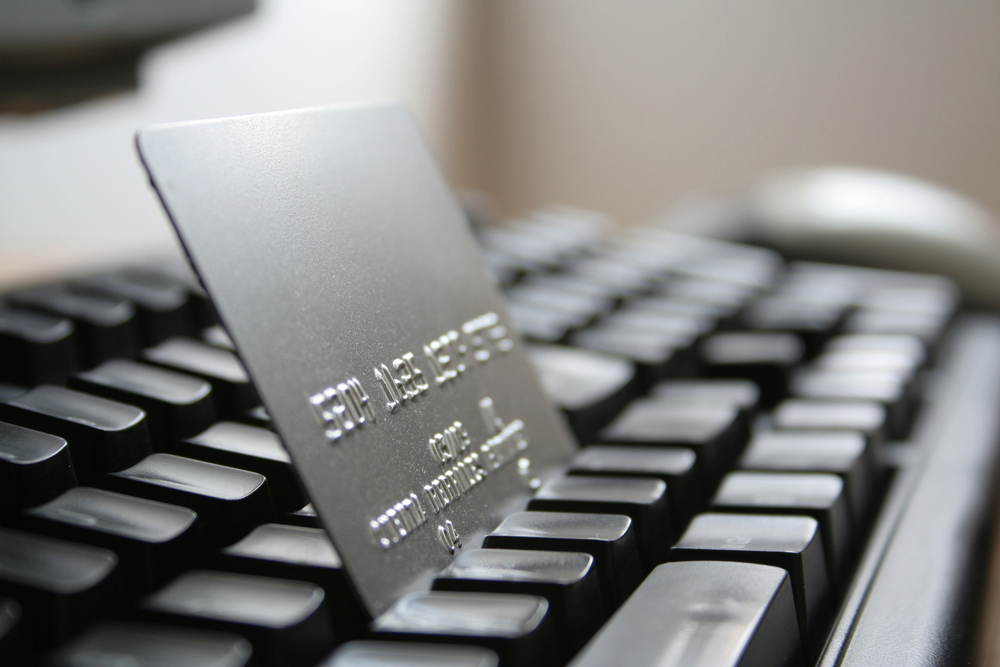
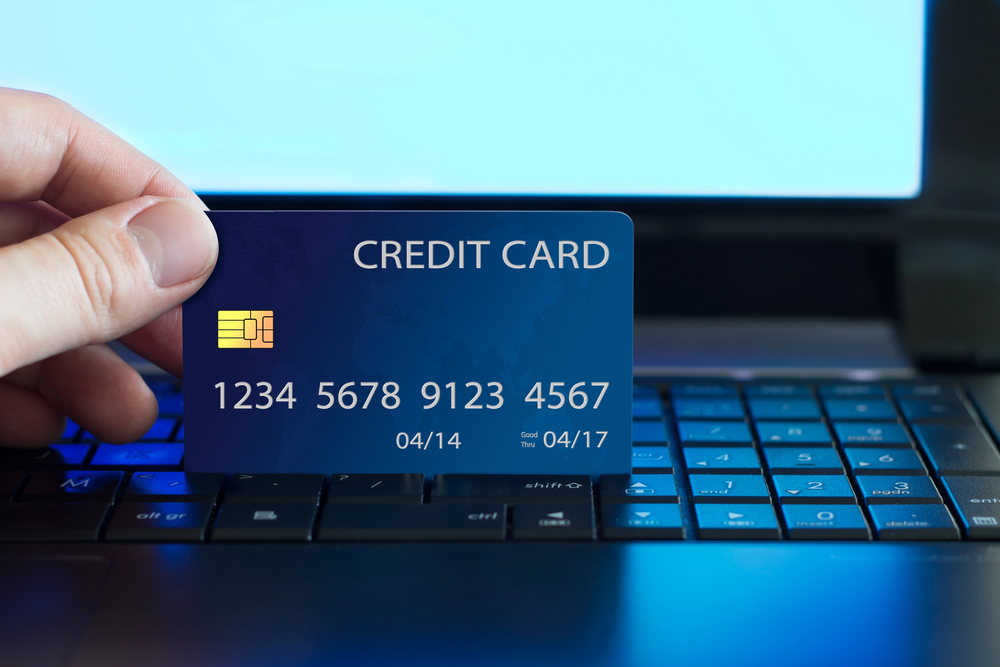
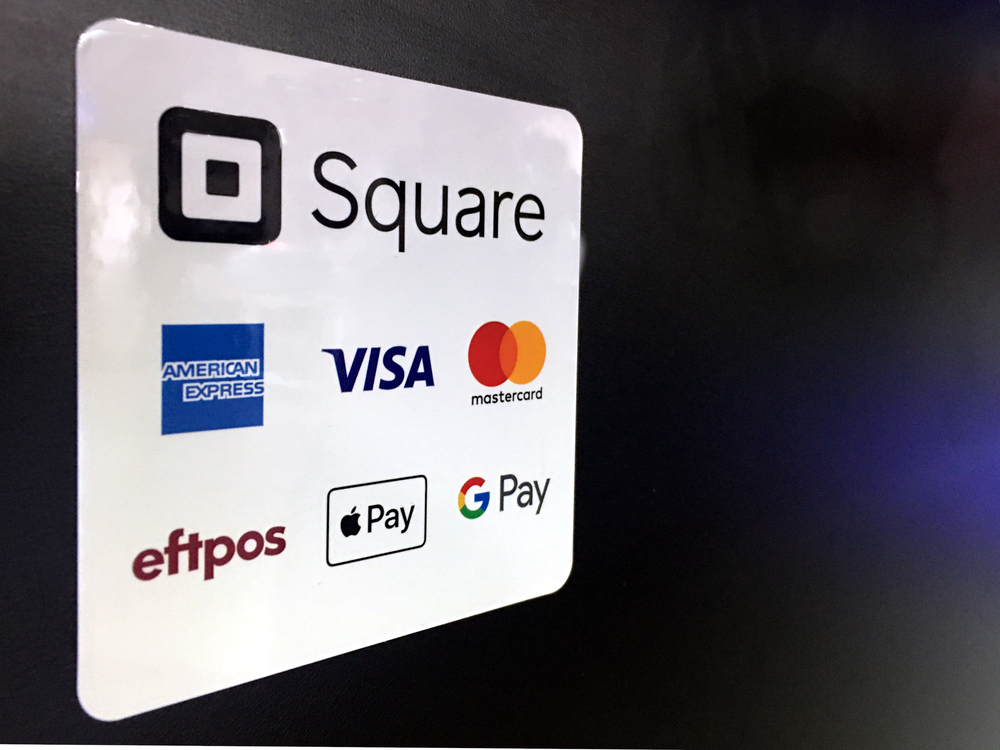
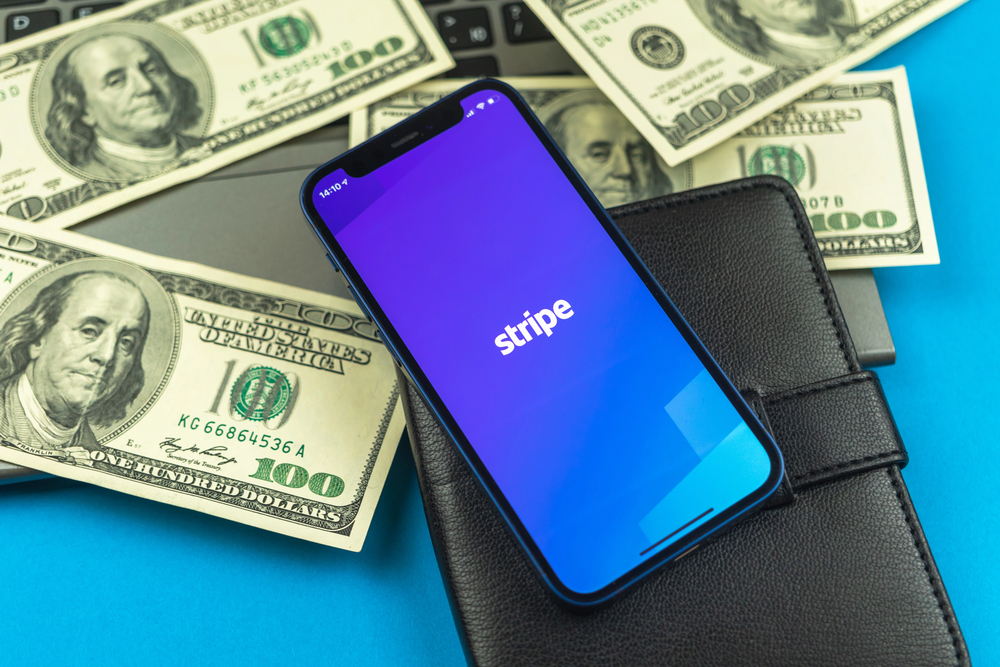
2 thoughts on “Block Inc Accused of Fraud, Is Square Payment Processing Unsafe?”